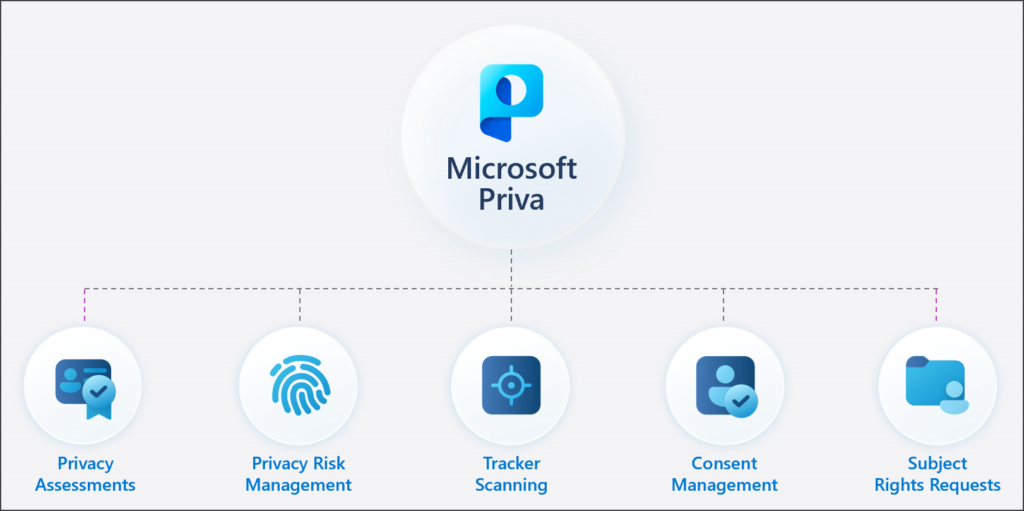
Website hacking isn’t something new. Websites are prone to be hacked and have been since cyber criminals were active. There are various steps you can take to get rid of such issues and protect all your personal data.
It’s hard to believe that small businesses get hacked when we see the news about large-scale breaches happening in big corporations. This I believe is because of their mindset. Many small business owners don’t believe they’ll be attacked due to the size of their company, but more often the smaller the business the easier it is to breach the security so there’s less risk for the cyber-criminal.
On average websites are attacked every 39 seconds, and attackers steal 75 records per second. About 66% of the business hacked are neither prepared to deal with cyber-attacks nor with the financial or reputation damage of a security breach.
This Bandicoot blog is going to help you identify when you have been hacked, simple tips to avoid it and a solution to put your mind at ease.
3 Ways Websites Get Hacked
- Weak / Broken Access Controls
This refers to authentication, authorisation, user privileges, servers, hosting panel and many more. Regarding access control, you can define who gets access to your website and its various components, data, and assets and how much control and privilege they are entitled to.
The reason hackers gain access is due to your organisation not having a strong password policy in place.
- Security Misconfigurations And Exploitation Of Vulnerabilities
A vulnerability is a weakness or lack of proper defence that can be exploited by an attacker to get unauthorized access or perform unauthorized actions, so attackers can run code, install malware, steal, or modify data by exploiting vulnerabilities.
Identifying When You’ve Been Hacked
As a small business owner, it’s important to know when your business has been hacked so you can put the right procedure in place to fix what is broken.
Here are some of the indications and signs that someone has hacked your website:
- You got to see a defaced website. (Changed the visual appearance of the website)
- The redirection of the website will lead you to an unsavoury website.
- Search engines like Google and Bing will let you know about the hacking.
- Search browsers and engines will give you indications about website hacking.
- You will find more traffic on your website from other countries that you have not focused on yet.
- You will feel strange activities on your website.
Protecting Your Website From Getting Hacked
My core recommendations to prevent hacks to your site:
- Employ Defence In Depth Principles. This means building layers of security like an onion: Each security practice makes it harder for hackers to get a clear shot into your system.
- Leverage The Least Privileged Best Practice. Limit what each user login can access to only what it needs.
- Establish Multi-Factor And Two-Factor Authentication wherever possible. This further secures those user access points.
- Use A Website Firewall. This works wonders in limiting the exploitation of software vulnerabilities.
- Schedule Regular Backups.Try to have at least 60 days available, so you can safely “rewind” in case your site is compromised.
- Get Perspective From Search Engines. Google Search Console and Bing Webmaster Tools both provide reports on their view on your site’s security.
I always tell website owners that security is about risk reduction and not risk elimination.
Bandicoot: IT Support
A lot of security breaches and website hacks happen because of the lack of knowledge within your employees (Knowledge isn’t expected). Therefore, we encourage you to educate your staff more in terms of cyber security and how their actions may affect the business.
Cybersecurity is often misunderstood to be very technical but the easiest and most common breaches come from a lack of awareness of the situation.
Cybersecurity is not only about your website (What to do and what not to do, how to update and patch the vulnerabilities) but also everything that is happening all over the web.
Here at Bandicoot, we offer a variety of IT Support packages. The options vary depending on the needs of your business. You’ll never have to worry about your IT again because we have you covered!
Contact Us
Take your first step towards protecting your stakeholders. Contact Bandicoot today, to figure out which IT Support package is best suited to your business. You can call us on 01282 506 616 or email us directly at info@bandicoot.co.uk.
Look forward to hearing from you J !



